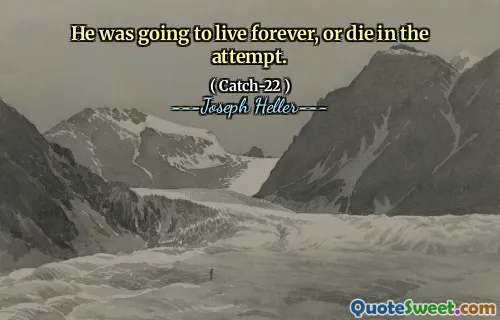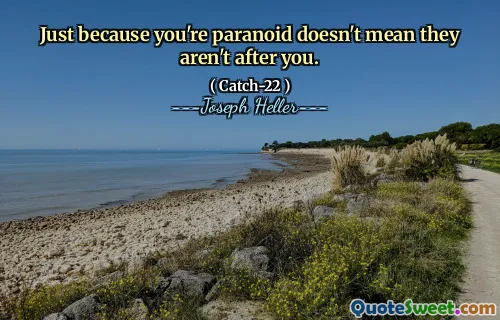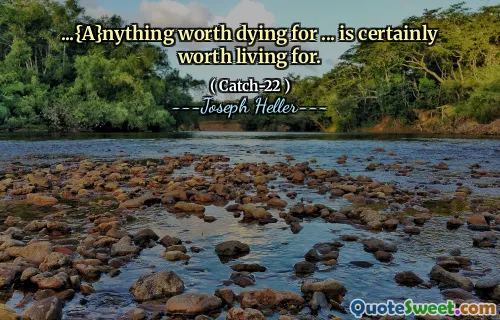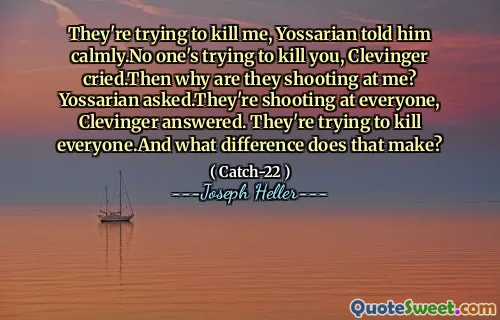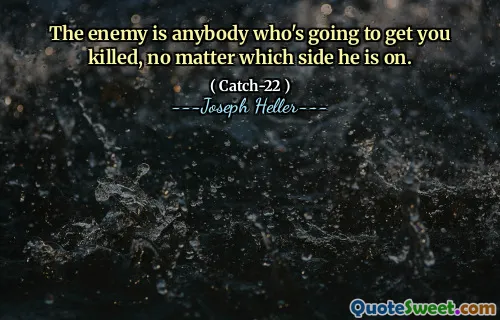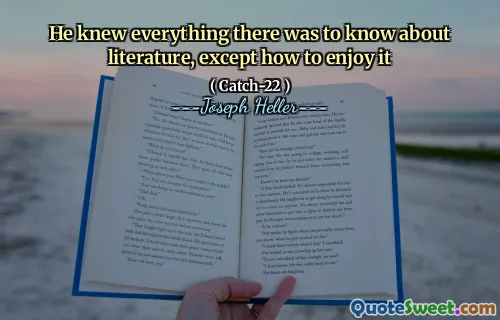
If you talk to that man up there, he said, I want you to tell Him something for me. Tell Him it's not true that people die young. But I really think so. Tell Him that if they must die at all, they should die when they are old. My wish is that you tell Him this. I don't think he knows about this injustice because he is supposed to be a good person and this has been going on for a long, long time. Will you tell Him?
The quote reflects a deep sense of injustice regarding the untimely deaths of young people. The speaker expresses a poignant wish for the divine to understand this suffering, arguing that if death is inevitable, it should only come to those who have lived a full life. This sentiment highlights the unfairness and emotional turmoil surrounding premature loss, suggesting that it is a profound issue that the divine may be unaware of, despite the expectation of a benevolent deity.
This yearning for justice underscores a fundamental human desire for understanding and fairness in the face of life's cruel realities. The speaker's plea emphasizes the need for recognition of the pain caused by early deaths, prompting a reflection on mortality and the value of life. The overarching theme is one of frustration with the randomness of death, along with a desire for a more equitable outcome for all, especially the young.
